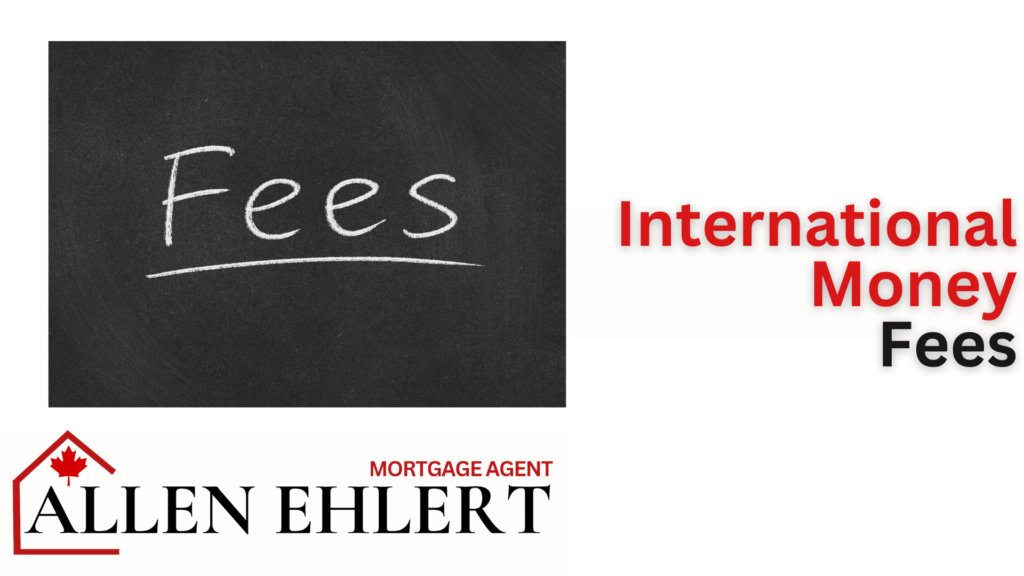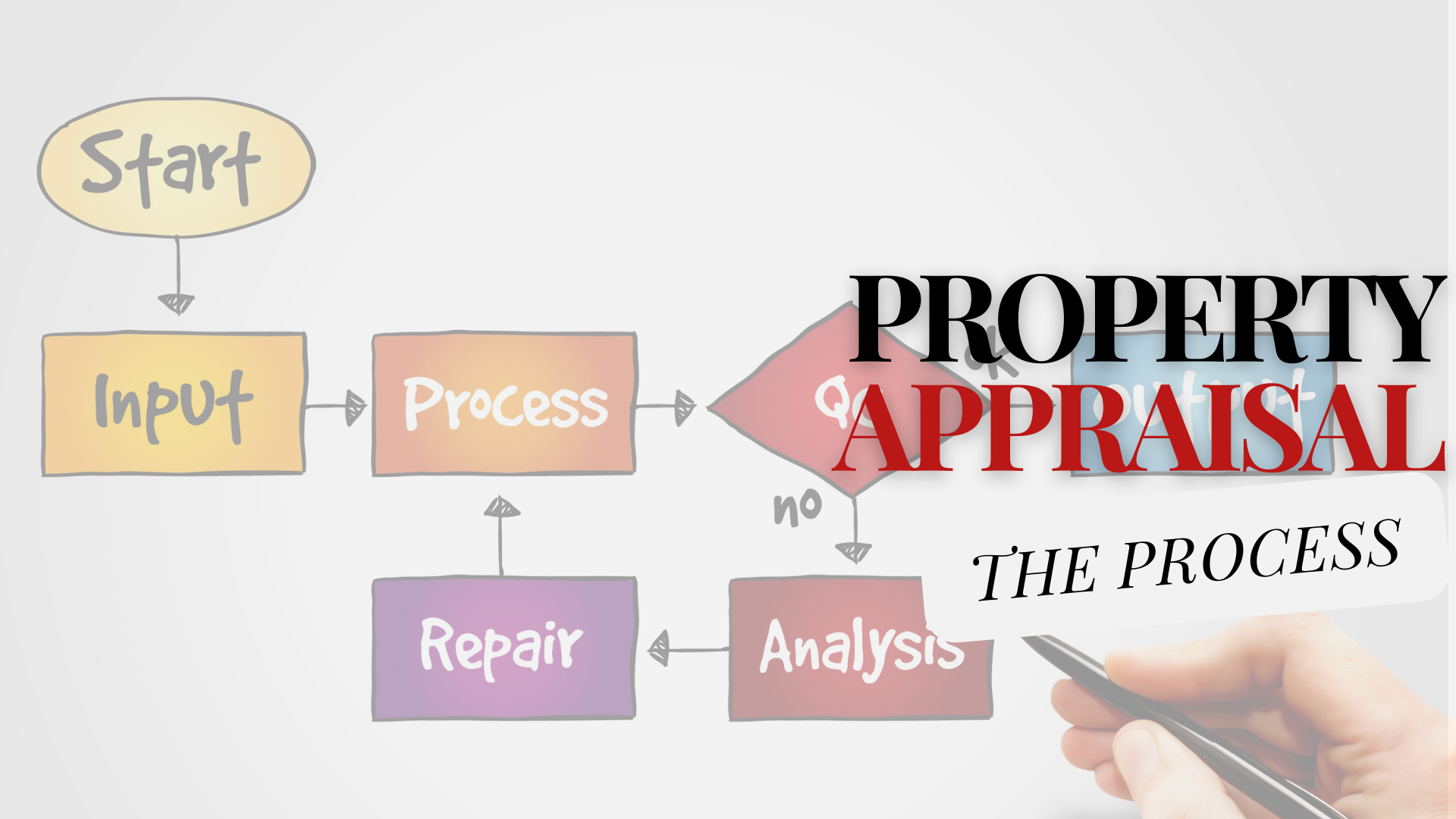When receiving or sending large amounts of money internationally from a Canadian chartered bank, several types of fees may apply. These fees can vary depending on the bank, the transfer amount, the destination country, and the method used.
Learn how to send money internationally: “Sending Money Internationally“
Below are the typical fees you might encounter:
Receiving Money Internationally
Sending: Outgoing Wire Transfer Fee
Intermediary Bank Fees (Correspondent-Fees)
Additional Fees for Large Transfers
Example: Sending $300,000 CAD Internationally

Receiving Money Internationally
There can be costs associated with receiving international funds in Canada, depending on the bank and the method used for the transfer. Here’s a breakdown of the potential fees:
Incoming Wire Transfer Fee
Most Canadian banks charge a fee for processing incoming international wire transfers. This fee is typically a flat amount and can vary based on the bank.
Typical fees for receiving an international wire transfer:
- CIBC: $15 CAD
- RBC: $17 CAD
- TD Bank: $17.50 CAD
- Scotiabank: $15 CAD
- BMO: $15 CAD
The fee is deducted from the total amount received or charged separately, depending on the bank.
Currency Conversion Fee
If the funds are sent in a foreign currency, the receiving bank will convert them to Canadian dollars. Banks typically mark up the exchange rate by 1.5% to 3% over the mid-market exchange rate. This markup is essentially a hidden fee, as it reduces the amount of money you receive once the conversion is complete.
Example:
- If €100,000 is sent to a Canadian account, and the bank applies a 2% markup on the exchange rate, you could lose about €2,000 (or its equivalent in CAD) during the conversion.
Intermediary Bank Fees
Sometimes, if intermediary banks are involved in routing the transfer, these banks may charge a fee, which is deducted from the total amount being transferred. This is common with international wire transfers when there is no direct relationship between the sending and receiving banks.
Typical costs:
- $20 to $50 CAD per intermediary bank (if applicable). Multiple intermediary banks may be involved, especially in transfers to or from less common destinations.
Receiving Bank Fee for Non-Wire Transfers
If you’re using an online money transfer service (such as Wise or PayPal), the receiving bank may not charge a fee specifically for receiving the funds. However, the exchange rate may still apply if the money is converted into Canadian dollars.
Total Potential Fees for Receiving International Funds
If you are receiving funds via wire transfer, the total fees can include:
- Incoming wire transfer fee: $15 to $17.50 CAD
- Currency conversion fee: 1.5% to 3% of the amount received (if applicable)
- Intermediary bank fees: $20 to $50 CAD (if applicable)
Receiving international funds into a Canadian bank account can involve some costs, particularly if currency conversion is needed or intermediary banks are involved. It’s advisable to check with your bank for specific fees and consider using money transfer services that may offer better exchange rates and lower fees than traditional banks.
Sending: Outgoing Wire Transfer Fee
This is the fee charged by the Canadian bank to initiate the wire transfer to send funds. It can be a flat fee or a percentage of the transfer amount, depending on the bank and the destination.
Typical costs:
- CIBC: $30 to $80 CAD
- RBC: $45 CAD
- TD Bank: $30 CAD (for standard international transfers)
- Scotiabank: $15 to $30 CAD (based on the destination and method)
- BMO: $10 to $50 CAD
For large sums like $300,000 CAD, this fee is usually a flat rate and doesn’t scale with the amount transferred.
Currency Conversion Fee
If the funds are being sent in a foreign currency, the bank will convert the Canadian dollars into the recipient’s local currency. Banks typically mark up the exchange rate, adding a fee that isn’t always transparent.
Typical markup:
- 1.5% to 3% over the mid-market exchange rate.
This markup can lead to significant costs for large transfers. For example, on a $300,000 CAD transfer, a 2% currency conversion fee could amount to $6,000 CAD.
Intermediary Bank Fees (Correspondent Fees)
Sometimes, intermediary banks are involved in routing the transfer, especially if the receiving bank does not have a direct relationship with the sending bank. These intermediary banks charge fees for processing the transfer, which are deducted from the total amount sent.
Typical costs:
- $20 to $50 CAD per intermediary bank, though this fee can be higher in some cases. Multiple intermediary banks may be involved, especially if sending to less common destinations.
Receiving Bank Fee
The recipient’s bank may also charge a fee for processing an incoming wire transfer. This fee depends on the recipient’s country and bank, but it is common in international transfers.
Typical costs:
- $10 to $50 CAD, depending on the bank’s policy.
Additional Fees for Large Transfers
For very large transfers, such as $300,000 CAD, some banks may charge additional fees or require additional security measures, which could incur extra costs. These might be minimal but should be clarified with the bank ahead of time.
Example: Sending $300,000 CAD Internationally
For a $300,000 CAD wire transfer, the costs could look like this:
- Outgoing wire transfer fee: $30 to $80 CAD
- Currency conversion fee: 2% markup ($6,000 CAD)
- Intermediary bank fees: $20 to $50 CAD (if applicable)
- Receiving bank fees: $10 to $50 CAD (depending on the receiving bank)
Total Estimated Cost
If you’re sending $300,000 CAD, the total fees could range from $6,060 to $6,180 CAD or more, depending on the specifics of the transaction.
How to Reduce Fees
- Use Online Transfer Services: Services like Wise or OFX generally offer better exchange rates and lower fees compared to traditional banks.
- Negotiate Fees: If you are a high-value client or making a very large transfer, you may be able to negotiate lower fees with your bank.
- Check for Special Offers: Some banks periodically offer promotions on international transfers.
Summary
Sending large amounts of money internationally from a Canadian bank can result in significant fees, particularly due to currency conversion costs. It’s important to review the fee structure with your bank before proceeding and consider using alternative services if you’re looking to minimize fees.












